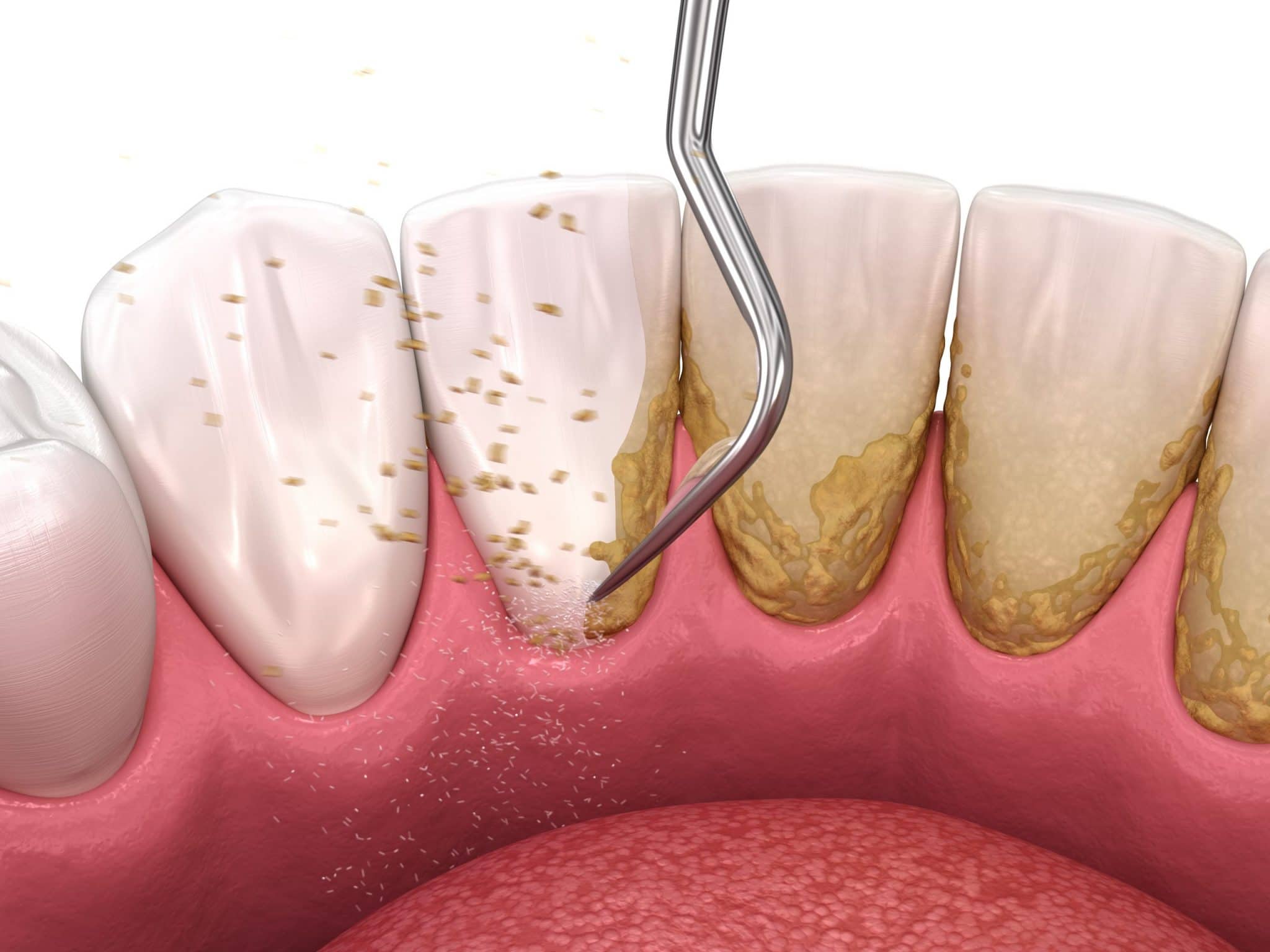Who Is Periodontal Scaling and Root Planing For?
Periodontal scaling and root planing are often recommended to individuals suffering periodontal diseases. If you are diagnosed with gingivitis/ periodontitis, these procedures help you reverse the situation and improve your oral health.
In a nutshell, periodontal scaling and root planing are for individuals who need deep cleaning on their teeth for healthy and strong oral hygiene.




